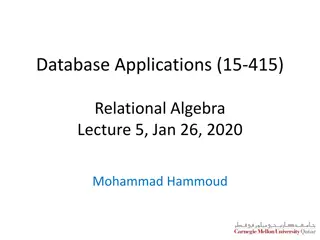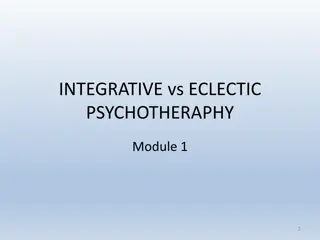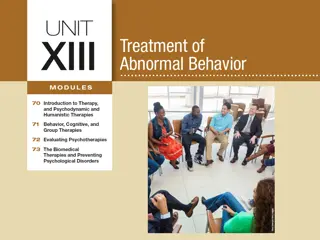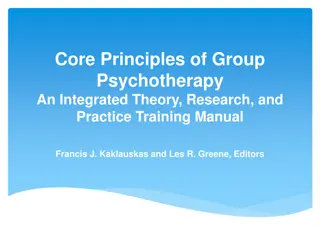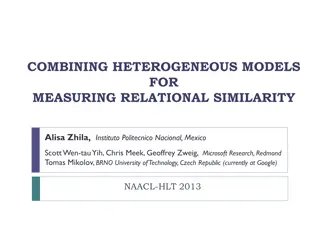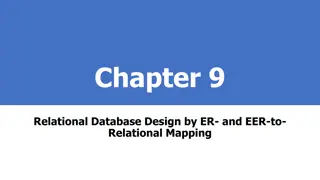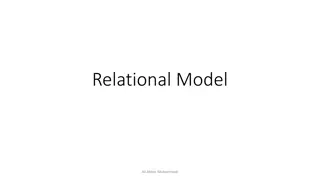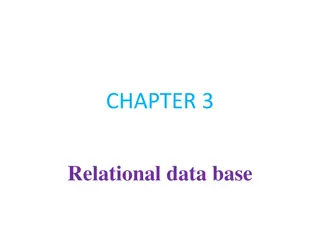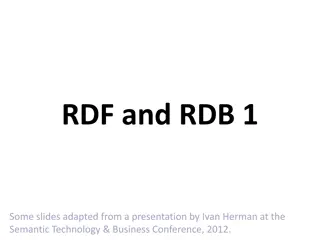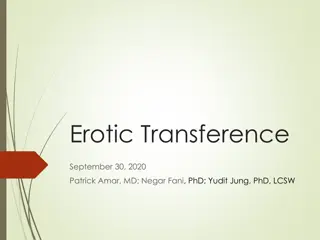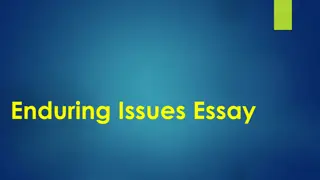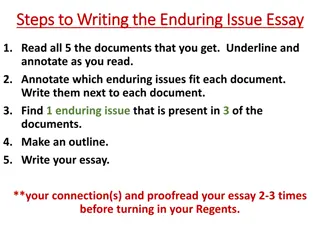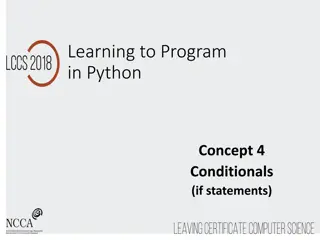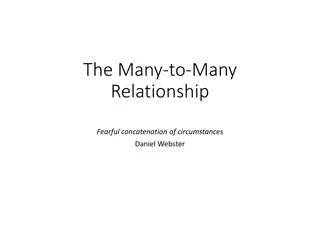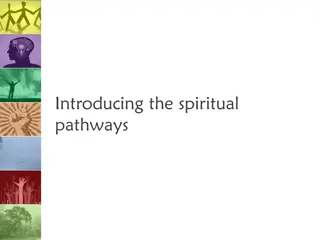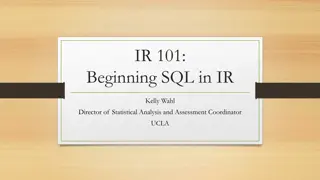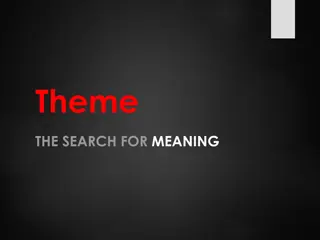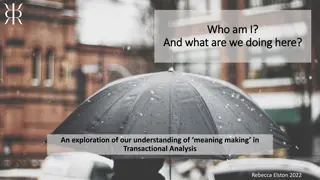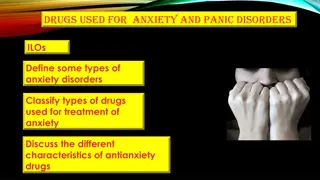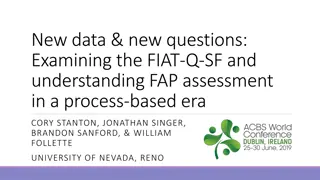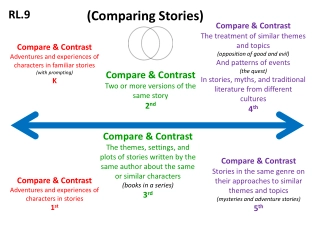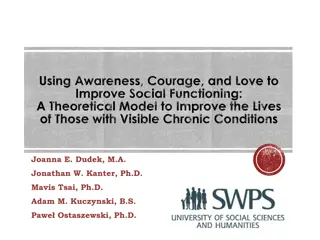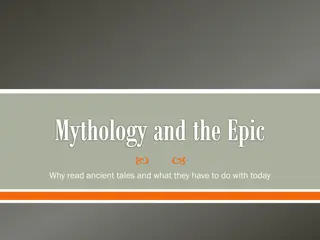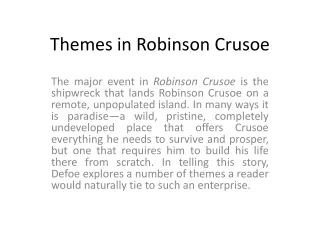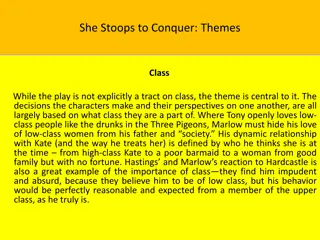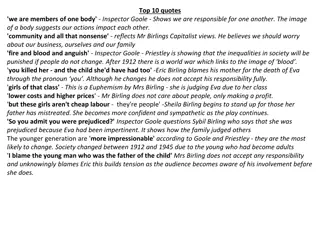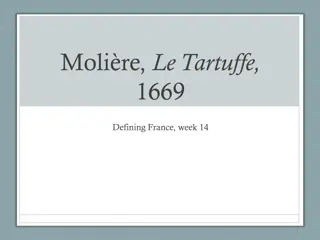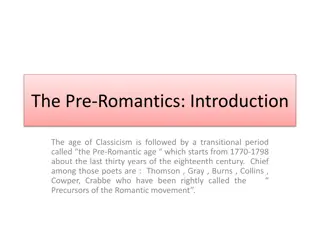Understanding Enduring Relational Themes in Psychotherapy
Exploring the concept of Enduring Relational Themes (ERTs) in psychotherapy, this content delves into the history of transference in Gestalt therapy, contemporary psychoanalysis perspectives, forms of transference, and Lynne Jacobs' insights. It highlights how ERTs manifest, their impact on therapy, and the importance of relational awareness and therapeutic processes in addressing them. The aim is to enhance understanding of ERTs and their role in client-therapist dynamics.
Download Presentation

Please find below an Image/Link to download the presentation.
The content on the website is provided AS IS for your information and personal use only. It may not be sold, licensed, or shared on other websites without obtaining consent from the author. Download presentation by click this link. If you encounter any issues during the download, it is possible that the publisher has removed the file from their server.
E N D
Presentation Transcript
ENDURING RELATIONAL THEMES Adam Kincel, PhD Georgia, 31.08.2018
HISTORY OF TRANSFERENCE IN GESTALT THERAPY Freud Perls Melnick/Latner not reacting to current field conditions Philippson projected fixed gestalts Mann co-transference Jacobs Enduring Relational Themes
CONTEMPORARY PSYCHOANALYSIS Transference is neither a regression to nor a displacement from the past, but rather an expression of the continuing influence of organising principles and imagery that crystallised out of the client s early formative experiences (Stolorow et al., p. 37, cited in Jacobs, 1992, p. 32).
1. An alienated aspect of the individual is projected onto the other (usually referred to as projection). 2. Desired hopes or yearnings are projected an idealize mother/father/sexual partner, etc. FORMS OF TRANSFERENCE 3. As aspects of the person s past. An affective aspect of the relationship is projected onto the current relationship, resulting in the client expecting you to treat them as they were treated historically. 4. A response to introjected beliefs, assumptions or attitudes, e.g. All men are bastards , If I m not sexual I am worthless . (Mann, 2010, p. 99)
ENDURING RELATIONAL THEMES LYNNE JACOBS, PHD
Coming from the past and repetitive, but the question is why this one is repeated with this particular therapist? ERTs prepare for the future, they are orientated for the next. ENDURING
ERTs dont disappear over time, but recede give space for the new ERTs to emerge All statements are relational e.g. I am stupid RELATIONAL
Bringing them to awareness through metaphors, symbol or straight language is a relational process of being seen Embodied pattern of relating, responding and reacting THEME
AIM Our aim is not to rid clients of their most closed-ended ERTs that is a fool s errand but rather to live together in a (more or less) different relational experience, repeatedly, until it becomes solidified enough to support clients to have more flexibility in how they make sense of and move through their world. They develop ERTs that contradict the earlier ones. The earlier ones are no longer the only options for coping. (Jacobs, 2017, p. 14)



